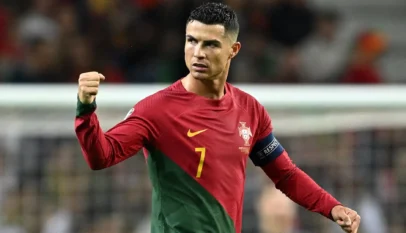As the world gears up for the next FIFA World Cup, African teams are once again setting their sights on glory. With a rich history of producing talented players and thrilling performances, the continent’s representatives are determined to break new ground and surpass the quarterfinal barrier that has historically been their limit in the tournament.
Africa’s World Cup History
Africa’s involvement in the FIFA World Cup dates back to 1934 when Egypt became the first African nation to participate in the tournament. Since then, African teams have gradually established themselves as formidable competitors on the global stage, showcasing a unique blend of skill, flair, and athleticism that has won them admirers worldwide.
Despite their undeniable talent, African teams have struggled to go beyond the quarterfinal stage in the World Cup. The closest they have come to reaching the semifinals was in 1990, 2002, and 2010 when Cameroon, Senegal, and Ghana, respectively, made it to the quarterfinals. Each of these teams came agonizingly close to advancing further, but were ultimately eliminated in dramatic fashion.
The 2010 World Cup in South Africa was particularly significant, as it marked the first time the tournament was held on African soil. Ghana’s journey to the quarterfinals captured the hearts of fans around the world, but their defeat to Uruguay in a penalty shootout remains one of the most heartbreaking moments in World Cup history.
The Rise of African Football
In recent years, African football has continued to grow in stature, with many of the continent’s top players becoming key figures at major European clubs. The development of domestic leagues and youth academies across Africa has also contributed to the emergence of a new generation of talented players who are ready to make their mark on the global stage.
The success of African players in Europe has raised the profile of African football and increased expectations for the continent’s teams in international competitions. Players like Mohamed Salah, Sadio Mané, Riyad Mahrez, and Victor Osimhen have become global superstars, and their presence in the national teams of Egypt, Senegal, Algeria, and Nigeria, respectively, has given these teams a significant boost.
Moreover, African teams have benefited from the tactical acumen of experienced coaches, both local and foreign, who have helped them refine their playing styles and become more competitive on the world.


































